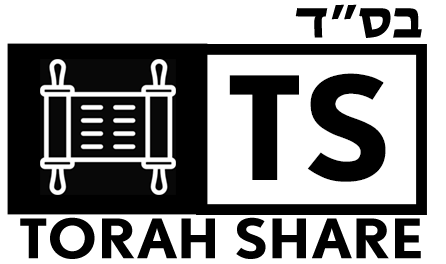Rabbi Dovid Orlofsky – Shares an important question – particularly for Baali Teshuva (newly religious) who then have children who want to go off the path. The Rabbi states clearly how important it is to show love and respect and play the long game. Clearly a compassionate response to the question that requires compassion.
Click here for more videos from this Rabbi’s YouTube Channels:
https://www.youtube.com/@RabbiOrlofsky
If you are interested in receiving these Torah-Share.com posts via email please subscribe here: https://torah-share.com/subscribe/
